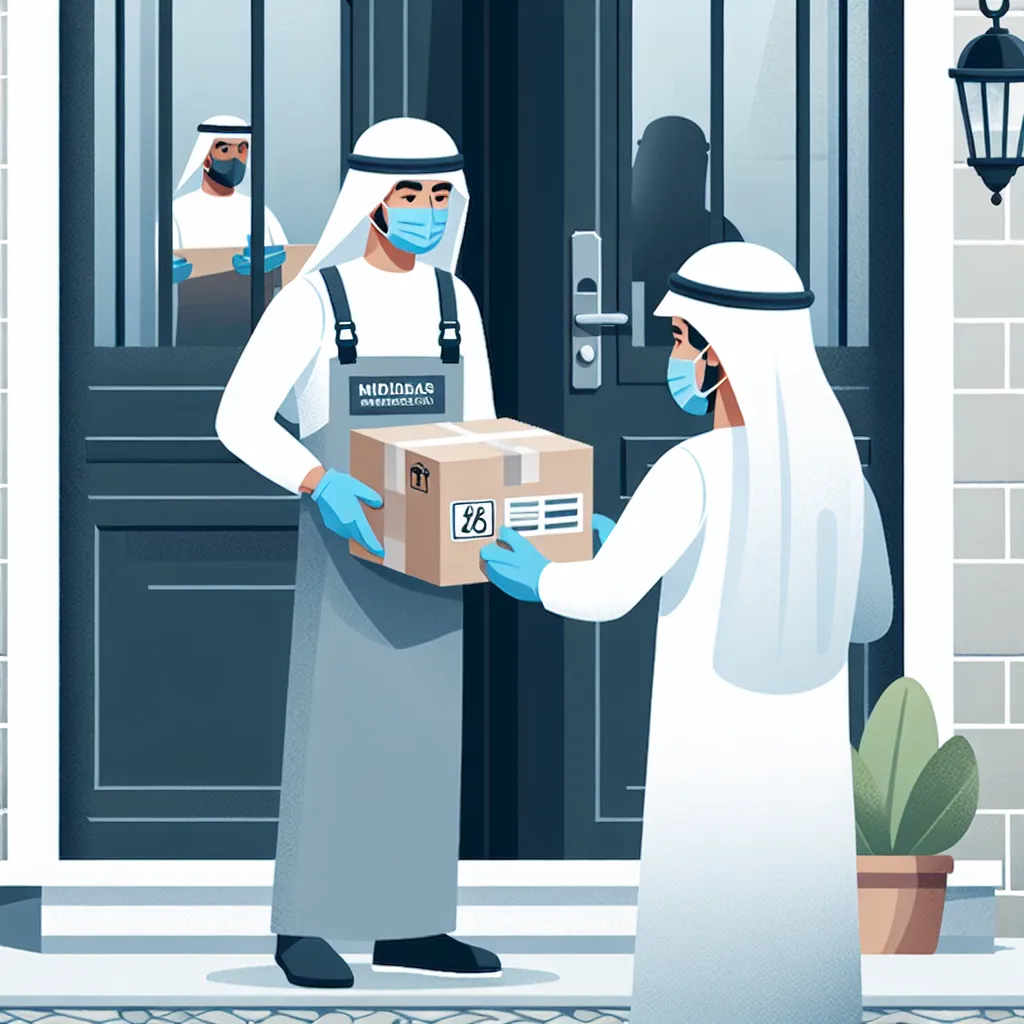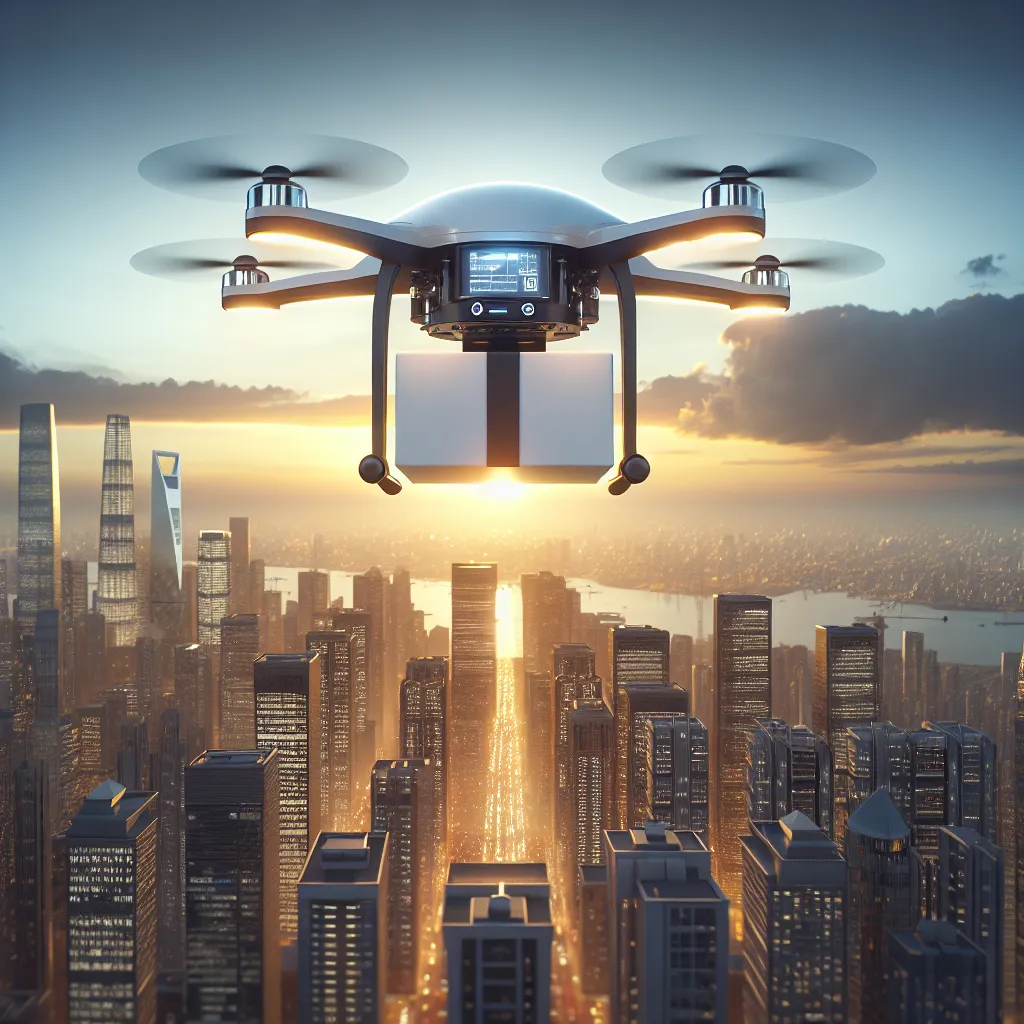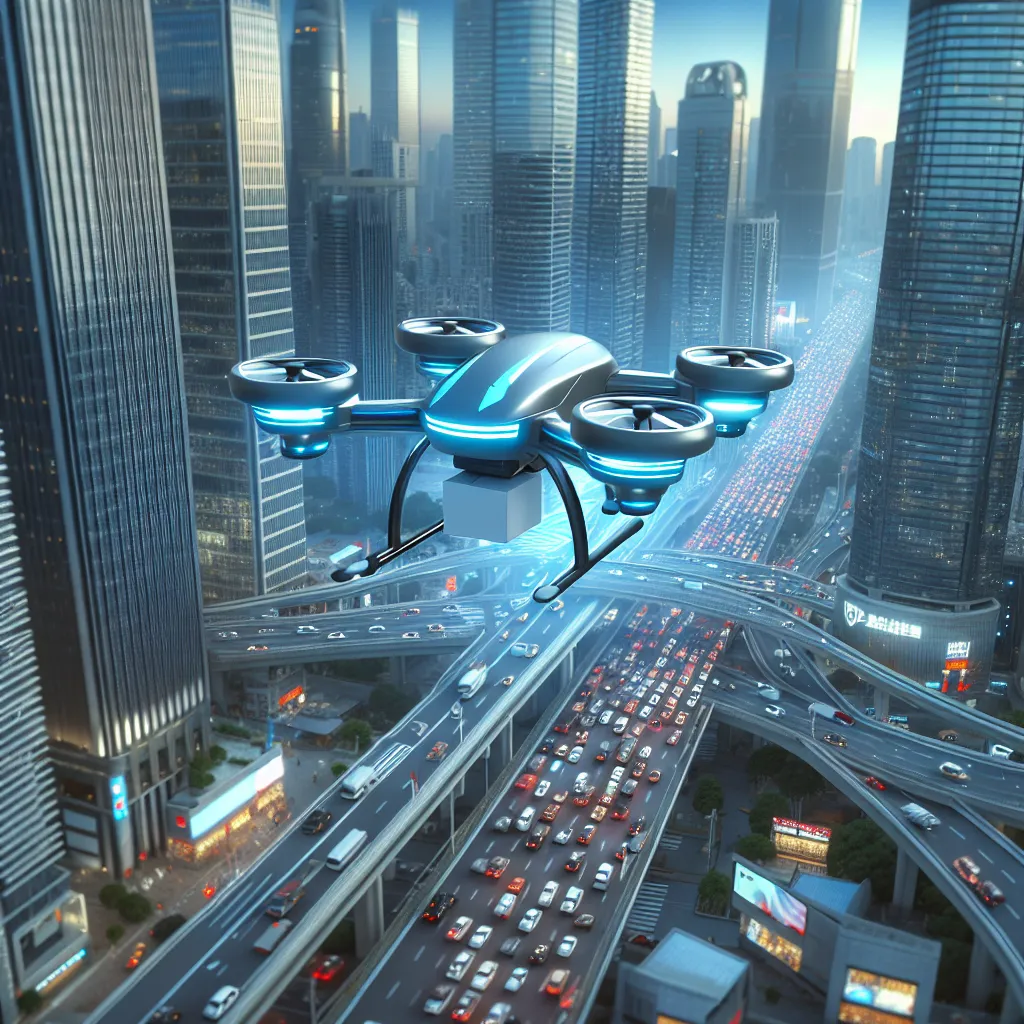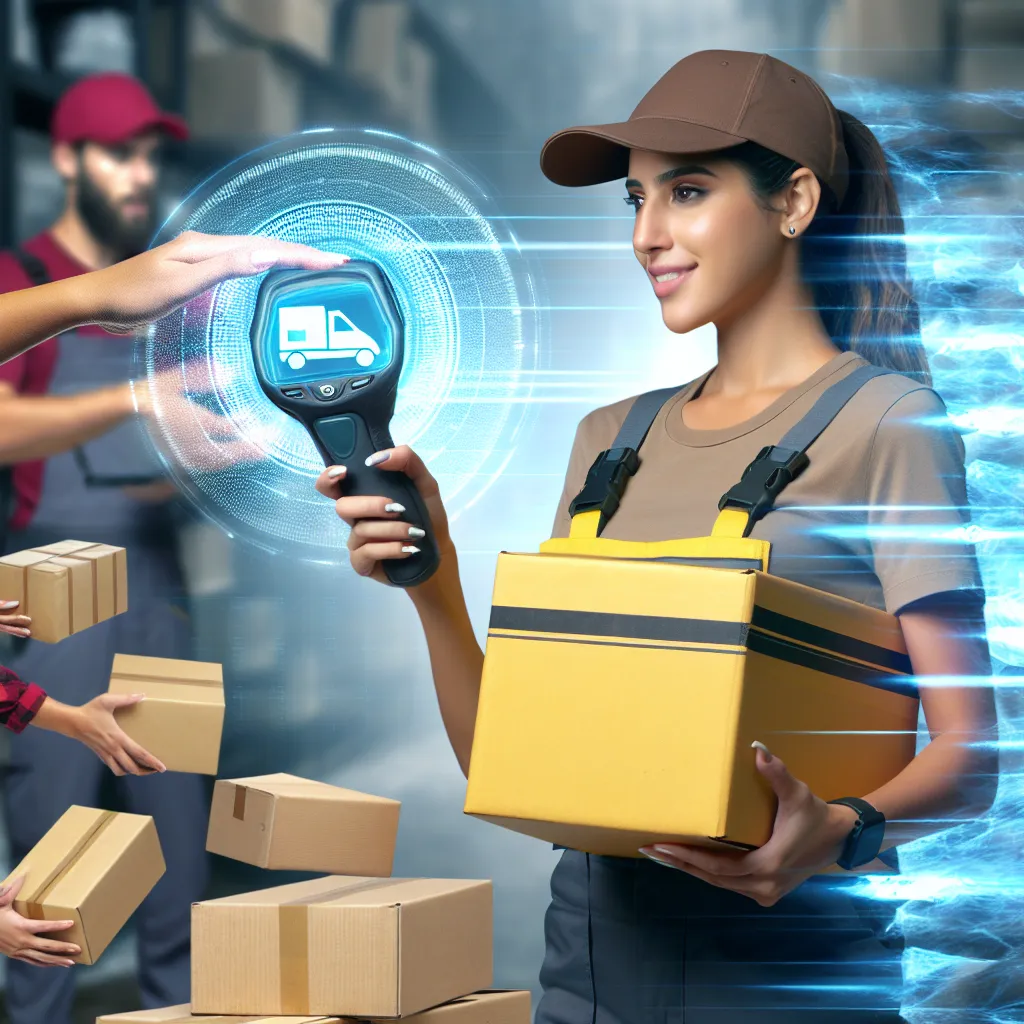The Rise of Contactless Delivery Services in Response to Changing Consumer Behavior
In response to changing consumer behavior, courier delivery services are rapidly adapting to the rise of contactless delivery. With the ongoing concerns about safety and hygiene, more and more consumers are opting for contactless delivery options to minimize physical contact and reduce the risk of exposure to germs. This trend has prompted courier companies to implement and prioritize contactless delivery services to meet the evolving needs of their customers.
Contactless delivery involves minimal to no interaction between the courier and the recipient. This can include options such as leaving the parcel at the doorstep, utilizing smart lockers for package pickups, or providing digital methods for signing and confirming receipt. Couriers are also leveraging technology, such as GPS tracking and real-time delivery notifications, to ensure a seamless and secure contactless delivery experience.
Furthermore, the shift towards contactless delivery is not only driven by safety concerns but also by the growing demand for convenience. Consumers appreciate the flexibility and efficiency of contactless delivery, as it allows them to receive their packages without the need to be physically present or adhere to strict delivery timeframes. As a result, courier companies are investing in innovative solutions and operational strategies to streamline contactless delivery and make it the new standard in the industry.
In conclusion, the rise of contactless delivery services is a direct response to the changing consumer behavior shaped by safety concerns and the desire for convenience. Courier companies are proactively embracing this shift by reimagining their delivery processes and prioritizing contactless options to ensure reliable, efficient, and secure delivery experiences for their customers.
The Impact of E-commerce Growth on Courier Delivery Services
As e-commerce continues to experience rapid growth, courier delivery services are finding themselves in the midst of significant changes to adapt to shifting consumer behavior. The impact of e-commerce growth on courier delivery services has been substantial, forcing companies to reevaluate and revamp their strategies to meet the evolving demands of online shoppers. With the surge in online purchasing, consumers now anticipate faster delivery times, convenient tracking options, and flexible delivery choices. This has led courier services to invest in technology and infrastructure to accommodate these expectations.
One of the key ways courier deliveries are adapting to changing consumer behavior influenced by e-commerce growth is through the implementation of innovative last-mile delivery solutions. Companies are exploring new methods such as autonomous delivery vehicles, drone deliveries, and alternative delivery locations to enhance efficiency and meet the increasing volume of orders. Additionally, the integration of real-time tracking systems and improved communication channels has become essential in providing consumers with visibility and control over their deliveries.
The rise of e-commerce has also prompted courier delivery services to prioritize sustainability and environmentally friendly practices. With the influx of package deliveries, companies are exploring electric vehicles, renewable energy sources, and eco-friendly packaging options to reduce their carbon footprint and minimize environmental impact.
In conclusion, the surge in e-commerce growth has significantly impacted courier delivery services, pushing them to innovate and adapt to meet the changing demands of consumers. By embracing technology, enhancing last-mile delivery solutions, and prioritizing sustainability, courier services are striving to provide efficient and tailored delivery experiences in the evolving landscape of e-commerce.
Implementing Sustainable Practices in Courier Deliveries to Meet Consumer Expectations
Consumer behavior has been evolving, and this has brought about a shift in expectations when it comes to courier deliveries. As more and more consumers prioritize sustainable practices, courier companies are finding it essential to adapt in order to meet these expectations.
Implementing sustainable practices in courier deliveries has become a key focus for companies aiming to align with changing consumer preferences. This shift is driven by the growing awareness of environmental issues and the desire for more eco-friendly solutions from consumers. As a result, courier companies have been incorporating electric vehicles into their fleets, utilizing biodegradable packaging materials, and optimizing delivery routes to reduce carbon emissions.
In addition to reducing their environmental impact, courier companies are also adjusting their practices to offer more convenient and efficient delivery options. This includes expanding delivery windows, providing real-time tracking updates, and offering alternative delivery locations to accommodate the busy schedules of modern consumers.
By implementing sustainable practices and enhancing the overall delivery experience, courier companies are effectively meeting the shifting expectations of consumers. This not only positions them as environmentally responsible entities but also helps them stay competitive in an evolving market.
In conclusion, as consumer behavior continues to change, the adaptation of sustainable practices in courier deliveries is crucial for meeting the expectations of modern consumers. By embracing eco-friendly initiatives and optimizing the delivery experience, courier companies can successfully address the evolving needs of their customers and differentiate themselves in the marketplace.




